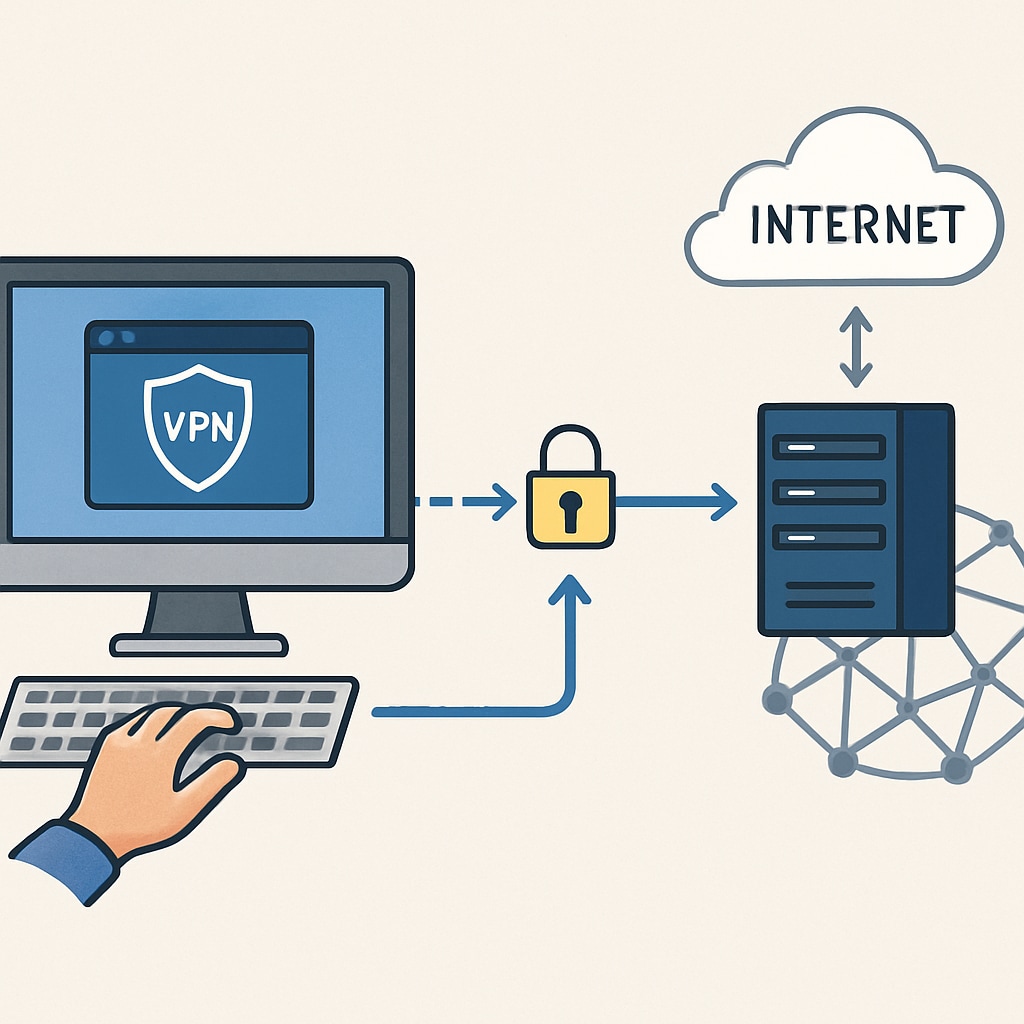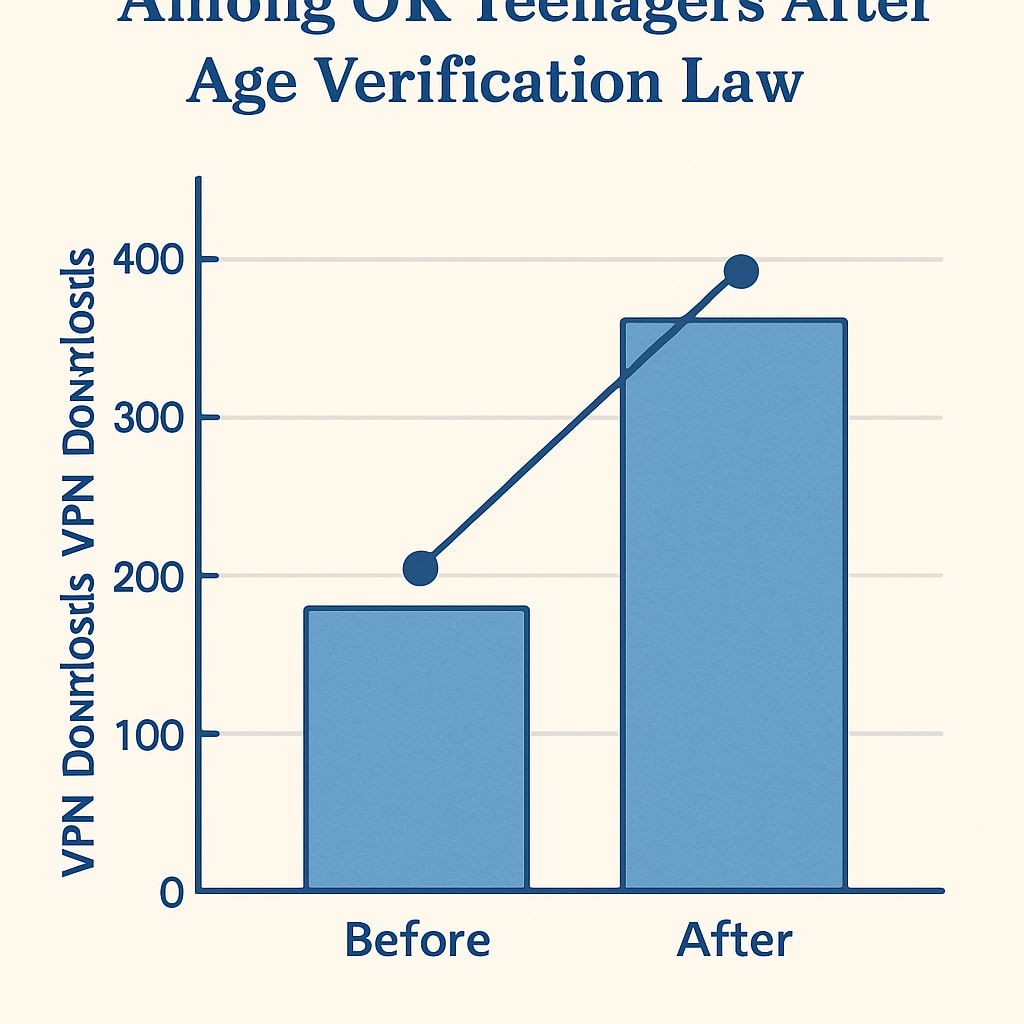The UK’s age verification law, implemented to protect minors from accessing adult content online, has had an unintended consequence: a significant rise in VPN (Virtual Private Network) usage among teenagers. While the law aims to safeguard vulnerable users, it also opens up a broader discussion about digital literacy and safety education, especially for K12 students. This article explores the implications of the age verification law, the surge in VPN usage, and practical strategies for educators to foster digital citizenship while protecting young users.
The UK’s Age Verification Law and Its Objectives
In an effort to create a safer digital environment, the UK government enforced strict age verification measures for websites hosting adult content. Platforms are now required to verify users’ ages before granting access, ensuring minors are shielded from inappropriate material. While the intent is commendable, the law has inadvertently encouraged teenagers to seek alternative methods, like VPNs, to bypass restrictions. VPNs allow users to mask their IP addresses and access content anonymously, which poses new challenges in monitoring online activity.

VPN Usage Among Teenagers: A Growing Concern
Since the implementation of the age verification law, VPNs have gained popularity among teenagers as a tool to circumvent restrictions. This surge raises concerns about unregulated access to potentially harmful content. In addition, VPNs can obscure online behavior, making it harder for parents and educators to guide safe internet practices. The rise in VPN usage underscores the need for effective digital literacy programs that address not just the technical aspects of internet safety but also the ethical considerations of online behavior.

Balancing Protection and Empowerment in Digital Education
While the age verification law strives to protect minors, its unintended consequences highlight the importance of empowering students with digital citizenship skills. Educators can play a pivotal role in helping students navigate the complexities of the internet responsibly. Here are some strategies for integrating digital literacy into K12 curriculums:
- Interactive Workshops: Conduct sessions on the risks and benefits of VPNs, emphasizing ethical internet usage.
- Parental Involvement: Encourage parents to participate in discussions about online safety and set clear guidelines for internet use at home.
- Critical Thinking Exercises: Teach students how to evaluate online content and recognize potential risks.
- Collaboration with Tech Companies: Partner with cybersecurity firms to provide resources and tools for safer internet practices.
The Future of Digital Safety and Citizenship
As technology evolves, so do the challenges associated with digital safety. The UK’s age verification law serves as a reminder of the delicate balance between protection and empowerment. To prepare students for the digital age, educators must prioritize comprehensive digital literacy programs that address current issues while equipping students with the skills to adapt to future developments. By fostering responsible online behavior, schools can transform students into informed digital citizens who are capable of navigating the internet safely and ethically.
In conclusion, the age verification law and the rise in VPN usage highlight the need for a proactive approach to digital education. By addressing these challenges head-on, educators can create a safer and more empowering online environment for K12 students.
Readability guidance: This article uses short paragraphs, active voice, and transitional phrases to ensure clarity and engagement. Lists are included to summarize actionable points for educators.


